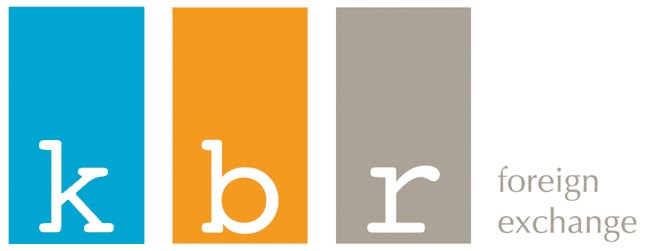The Pound closed out last week much higher against the Euro, but barely unchanged against the US Dollar in the foreign exchange market. The GBP/EUR exchange rate which opened on Monday at 1.1353 rose steadily throughout the week to close on Friday up at 1.1641. The GBP/USD exchange rate however, following some very choppy trading; opened the week at 1.6088 and after some rangy movements closed slightly lower at 1.6050. The big economic news for the week from the UK was the reading of 3rd quarter GDP, which showed that the UK economy grew at a rate of 0.5% through the 3rd quarter, a sharp advance from the previous quarter. The annual growth rate was also recorded at 0.5%, which was positive considering the market expectation was for levels at around 0.3%.
The week ahead will see some high-level market data, particularly Thursday’s Bank of England interest rate decision. Despite the ECB making a surprise rate-cut last week, there is no expectation for the UK to follow suit. Following the addition of an extra £75billion in monetary stimulus it will be interesting to see if there is any change of rhetoric from the MPC, but it is more than likely that market participants will have to wait for the release of the meeting’s minutes to gain any in-depth understanding of views and policy over the coming months. Aside from the rate meeting, Tuesday’s NIESR GDP estimate for October will be closely watched by the market for future growth expectations, along with industrial and manufacturing production numbers that are set for release on the same day. Wednesday’s trade balance numbers are more than likely to show the continual increase in the UK’s negative trade deficit, despite a previous months increase in export activity.
The Euro suffered heavily against both the Pound and the US Dollar across the past week in the currency exchange market. The EUR/USD exchange rate fell from 1.4170 at the week’s open, to trade down at 1.3786 by the week’s close. The currency was not helped by indecision and turmoil within the Euro-zone, focused heavily on the drawn-out decision of EU leaders in regards to a solution to the Greek bail-out situation. With Greek Prime Minister George Papandreou narrowly surviving a vote of confidence following a turbulent week fro the country, it was announced that he has now stepped down, and a unity government will be formed. It is crucial for any confidence in the Euro to remain that a structured plan is put in place to prevent the nation defaulting. Aside from the Greek debt situation, at his first European Central Bank rate decision as President, Mario Draghi confirmed the decision by the central bank to reduce the base interest rate in the Euro-zone from 1.50% to 1.25% citing deteriorating conditions across the euro-economy and the possibility of recession.
The week ahead has started with rumors that Italian President Silvio Berlusconi may be set to step-down; with his country deep in recession, and further austerity measure to be implemented, his leadership has been heavily called into question over the past few weeks. Political unrest may serve to undermine the currency further, so the Euro will face a tough week. Economic data set for release this week will include Tuesday’s German trade balance numbers; which will be watched closely to ensure that German exports are still thriving, which is key to growth in the country. Thursday will be a potential market-moving day, with the release of November’s ECB monthly report; which is sure to spark interest in the central bank’s outlook for growth and lending conditions. Also there may be comment passed on the involvement of the ECB in regards to bank-funding and also sovereign bond purchasing. German CPI (inflation) figures will also cross the wires on Thursday, with the market forecast for price-growth to hold steady – any increase would be worrying for the ECB, especially considering the reduction in the base interest rate this month.
The US Dollar benefitted from its ‘safe-haven’ currency status again last week, gaining rapidly against the Euro, and also pulling back slightly versus the Pound. Despite the Federal Reserve holding the base interest rate at their latest meeting, Fed Chairman Ben Bernanke’s post-decision press conference cast some gloom on the market, confirming that the outlook for economic growth has slowed rapidly, and that the European debt crisis is weighing heavily on the US’s prospects, with the ‘significant downside risks’ to economic growth. Bernanke stated "Unfortunately we can't disassociate ourselves from Europe," he said. "The things that happen there do affect us." There was some slightly positive news form the US last week, with the overall unemployment rate falling to 9.0% down from 9.1% following an upward revision to the previous month’s non-farm payroll numbers.
This week will see Fed Chairman Ben Bernanke speaking at the Fed Conference on small business this week, with the market sure to take any comments from the Chairman in regards to business conditions as direction from the central bank. The currency may well again benefit from shifts in risk sentiment, as the ongoing issues in Europe increase. Towards the end of the week the US Dollar may take direction from Thursday’s trade balance numbers, and Friday’s market-moving University of Michigan confidence index numbers.
This Daily Market Update is brought to you by The Market Team @ KBRFX – Exchange Rate, Currency Conversion & Foreign Currency Transfer specialists.


No comments:
Post a Comment